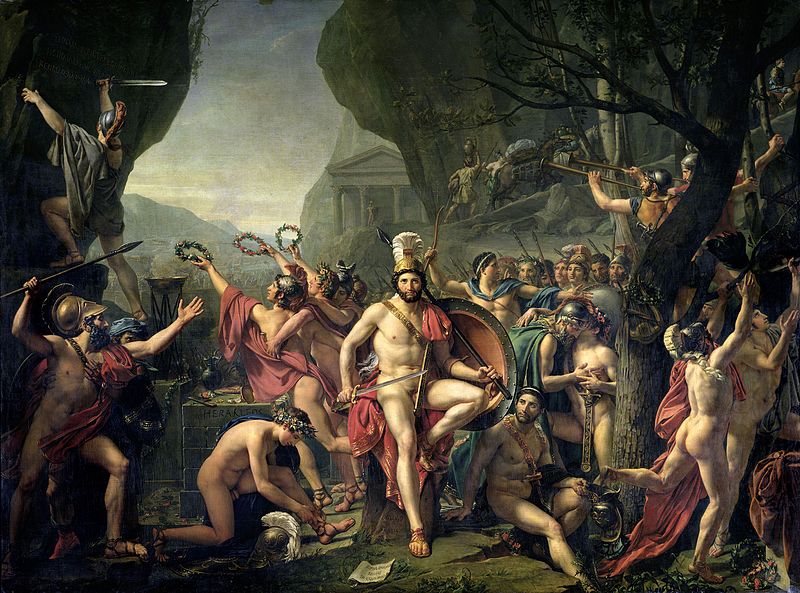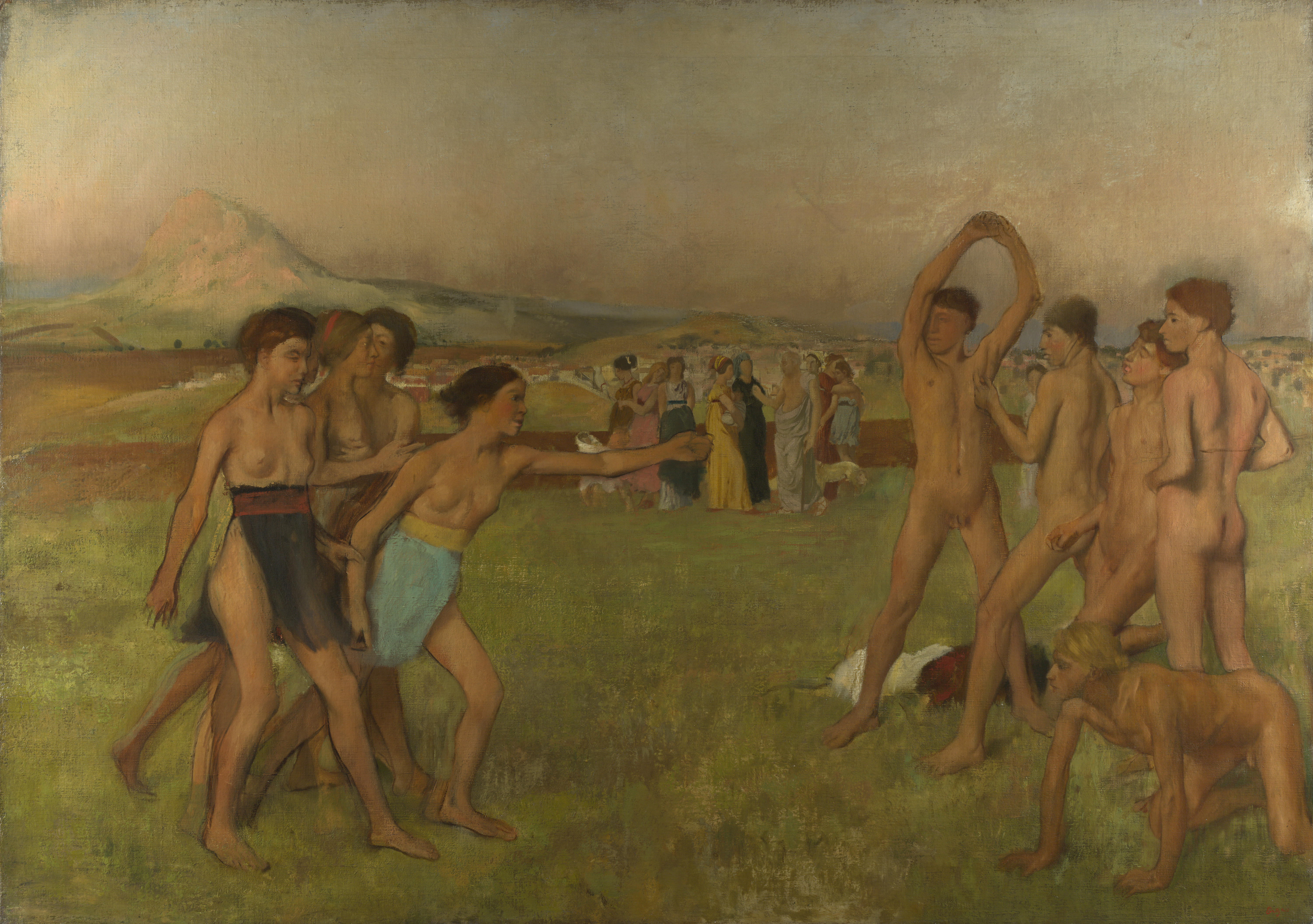Cambridge Society Buckinghamshire: Newsletter Sep 2011
I am delighted to announce that Professor Paul Cartledge of Clare College, one of the country's leading experts on Classical Greek Culture is coming to Buckinghamshire on Wednesday 5th October to give a talk on:
"Sparta: totalitarian or not?".
The talk will be at 8pm on Wednesday 5th October
in the Queen's Hall at the Royal Grammar School High Wycombe Amersham Road, High Wycombe, Buckinghamshire, HP13 6QT.
Here is a link to a map of the school.
If coming by train, the entrance to the school is about 1 mile from High Wycombe Station (Chiltern line from Marylebone to Birmingham). Leave the station approach area in the direction of the Flint Cottage and the A404 Amersham Hill. Turn right up the Amersham Hill for about a mile then left into Hamilton Road. The school entrance is about 100 metres on the right. Regular buses are available up the Amersham Hill.
The talk will be given to both Oxford and Cambridge Alumni, and their guests, and senior local school students. The talk is being co-organised by the Head of Classics at the Royal Grammar School Jacky Evans, herself a Cambridge Alumna.
Professor Paul Cartledge
Paul Cartledge is the first A G Leventis Professor of Greek Culture and President of the Fellowship of Clare College. He makes frequent broadcasts on Radio 4's 'In Our Time', as have a number of our guest speakers in the past. He is a world expert on Athens and Sparta in the Classical Age and has been described as a Laconophile. He was chief historical consultant for the BBC TV series, 'The Greeks' and the Channel 4 series, 'The Spartans', presented by Bettany Hughes. He is also a holder of the Gold Cross of the Order of Honour and the title: Επίτιμος Δημότης Σπαρτιατών. Besides the Leventis Professorship, he holds a visiting Global Distinguished Professorship at New York University, funded by the Greek Parliament. He took his first degree at New College, Oxford, where he also completed his doctoral thesis in Spartan archaeology under Professor Sir John Boardman. He has six pages devoted to his books on the Amazon website.
There will be an opportunity to have an evening meal with Paul before the talk at the Santorini Restaurant, Tel 01494 714999 at the Hazlemere Crossroads on the A404, address 2 Market Parade, Hazlemere, High Wycombe, Buckinghamshire, HP15 7LQ. We are planning to get there when the restaurant opens at 6pm. Map of Location. Sadly the price of the meal is not included with your ticket for the talk. Parking for the Santorini is in the car park off Beaumont Way, which is off the Holmer Green Road.
Sparta or Lacedaemon
'Lacedaemon' is the official ancient name for the (territorial) state of Sparta, and also an alternative name for the city of Sparta. Many of you may have heard of Sparta through films like 300 and Troy. Others may have had an education in Classics. Sparta was unique in ancient Greece for its social system and constitution, which completely focused on military training and excellence.
Its inhabitants were classified as Spartiates (Spartan citizens, who enjoyed full rights), Mothakes (non-Spartan free men raised as Spartans), Perioikoi (free, non-Spartiates living in the outlying villages, some 80 of them, within Sparta's super-size territory of Lacedaemon; they were citizens of their own communities but not of Sparta itself, to which they were entirely subordinate), and Helots (enslaved non-Spartan local population).
Spartiates underwent the rigorous Agoge regime of military training and education regimen from boyhood. Imagine entering special forces bootcamp from seven to sixty, if you lived. Boys lived in communal messes and were deliberately underfed, to encourage them to master the skill of stealing food. Special punishments were imposed if boys failed to answer questions sufficiently 'laconically' that is briefly, dryly, wittily. Besides physical and weapons training, boys studied reading, writing, music and dancing.
The Spartans believed that the pederastic love of an older man was essential within the educational framework of the Agoge for an adolescent. The lover was responsible for the boy's training.
Spartan women enjoyed considerably more rights and equality to men than elsewhere in the classical world. They were often unihibitedly and outspokenly critical of their menfolk, employing the pithy 'laconic' humour. They were famed for their beauty, which was partly as a result of their enthusiasm for exercise. They exercised vigorously and often. Much of this exercise was done in public, naked. Their beauty and independence may have contributed to the legend of Helen of Troy, Spartan wife of King Menelaus. It might also be considered necessary for women to make their bodies toned, to make them physically attractive to men raised in the homosexual culture of the Agoge, when those men reached the age at which they were permitted to marry, twenty.

'Leonidas at Thermopylae', a painting by Jacques-Louis David in the Louvre>
Man for man, Spartan Hoplites were considered the best heavy infantry in the world by their contemporaries. Because their rigorous training in strength, fighting skill and discipline a force of 300 Spartans and close allies managed to inflict enormous damage on an overwhelming invading force of Persians at Thermopylae, Thanks to the sacrifice of that tiny army, the Greek states were able to defeat the Persian invasion. It changed the course of European History.
In modern history the concepts and ideas of Ancient Sparta have influenced the structuring of society by totalitarian regimes. Paul will give you his view of how totalitarian was Spartan society by the standards of different ages.

'The Young Spartans' by Edgar Degas at the National Gallery, Room 46
Please keep checking our Buckinghamshire Cambridge Society blog. Please contact me if you want to append a notice and the Cambridge Alumni website for details of local events.
Buckinghamshire section on the Cambridge Alumni web site
We also have a Buckinghamshire Cambridge Alumni Facebook page , I apologise for the typographical error in the title. Please sign up to it, look out for announcements and make your own comments and contributions.
I look forward to meeting you.
Kind regards
John Moore
Secretary
Bucks Cambridge Society
email to donjuanelmoro@cantab.net
To come to the event
Please fill in the form below the line, detach it and send to:
Mr J W Moore
38 St Margarets Grove
Great Kingshill
High Wycombe HP15 6HP
"Sparta: Totalitarian or Not"
Name………………..…………………………………………………………………………………
Tel……………………….……email……….…………….……………………….………………….
Please reserve me:
…….… places free for students and supervising teachers
…….… places at £7 for each alumnus and first guest,
…….… places at £8 for others.
Number for supper at the Santorini: …....., so we can let the proprietors, "Fred" and Maria, know in advance.
I enclose:
A cheque for £….……….... payable to the ‘CAMBRIDGE SOCIETY (BUCKS)’
I'll send you an email acknowledgement